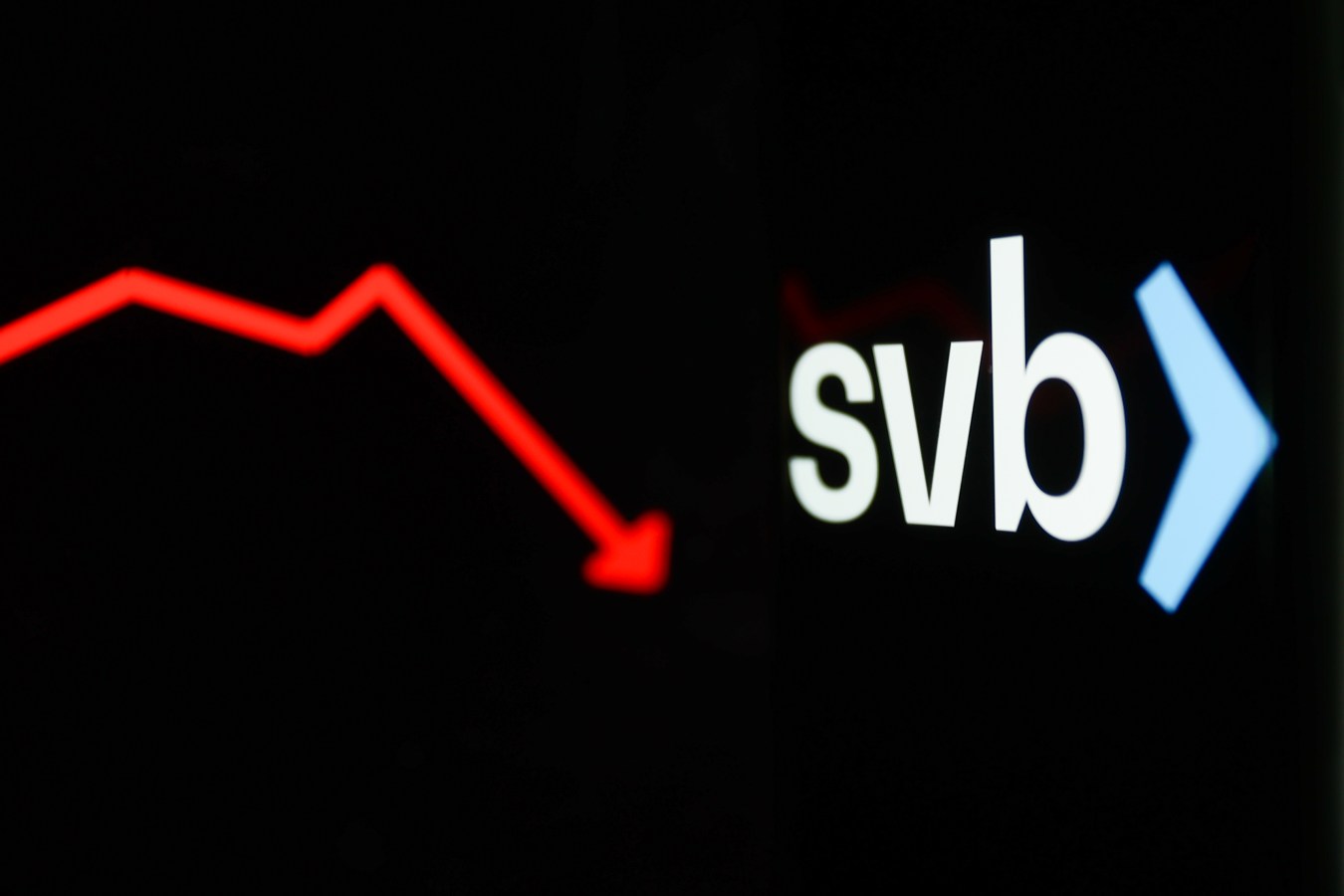UBS Group AG has struck a deal to buy Credit Suisse—a rival Swiss bank rocked by financial turmoil—for over US$3 billion, the two banks announced Sunday, as bank executives and Swiss officials sprint to contain a crisis sparked in part by the collapse of two major U.S. banks last week.

Key Facts
UBS ultimately agreed to pay US$3.2 billion (or 3 billion Swiss Francs) in an all-share deal, with Credit Suisse investors receiving one UBS share for every 22.48 Credit Suisse shares held, up from a US$1 billion initial offer that Credit Suisse reportedly viewed as too low.
The deal represents a large discount compared to Credit Suisse’s market capitalisation just two days ago: UBS says the acquisition will cost the equivalent of US$0.82 (or 0.76 Swiss Francs) per share, less than half Credit Suisse’s US$2.01 share price when markets closed Friday.
The combined company will have over US$5 trillion in total invested assets, and UBS expects to make US$8 billion in cost cuts over the next four years, UBS said in a statement late Sunday.
The Swiss government helped broker the deal, with an apparent goal of completing the merger before Asian markets open Monday morning.
As part of the agreement, the Swiss National Bank—the country’s central bank—offered Credit Suisse and UBS up to US$108 billion in liquidity assistance loans, it said in a statement.
The Swiss government is also expected to speed the deal up by waiving the six-week waiting period normally required before a merger, according to the New York Times, and Swiss authorities are not requiring UBS to get shareholder approval.
“With the takeover of Credit Suisse by UBS, a solution has been found to secure financial stability and protect the Swiss economy in this exceptional situation,” the Swiss National Bank said.
Related
Big Number
US$54 billion. That’s how much Credit Suisse borrowed from the Swiss National Bank on Thursday. The central bank offered to provide liquidity to Credit Suisse “if necessary” hours earlier, but the bank’s share price still slid almost 7% the following day.
Key Background
Shares of Credit Suisse have plummeted in recent weeks, and trading was halted Wednesday after the share price fell up to 21%. On Tuesday, the bank said it had found “material weaknesses” in its 2021 and 2022 financial reporting processes. In response, its biggest backer, the Saudi National Bank, said it wouldn’t buy any more shares in Credit Suisse.
The recent collapses of Silicon Valley Bank and Signature Bank in the U.S., triggered partially by rising interest rates, caused uncertainty about wider vulnerabilities in the banking system worldwide—concerns that intensified after warning signs appeared at Credit Suisse. But the bank’s downfall wasn’t directly caused by SVB and Signature, and its problems predate the current crisis, as it ended the 2022 fiscal year with a loss of nearly US$8 billion.
The bank itself and some executives and advisors have also recently been linked to scandals, including alleged fraud and failing to prevent money laundering.



